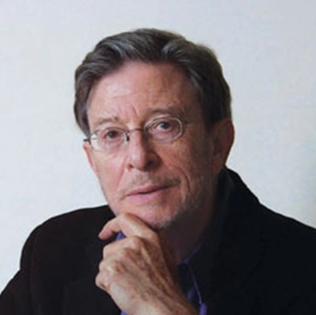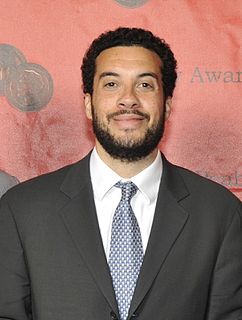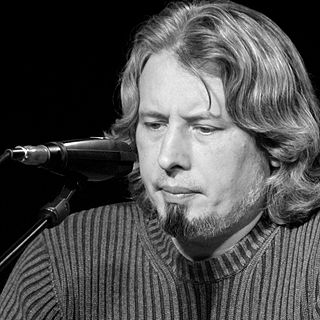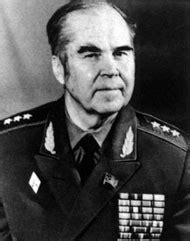A Quote by Mikhail Khodorkovsky
If we talk about changes of power in Russia, that has occurred several times in the past century. After Stalin came Khrushchev, who implemented his legacy quite radically, one could say. But there was no blood, nonetheless. After Brezhnev came Gorbachev. I'm not talking about the ones who were in power for only a short period of time. Gorbachev, too, left a very radical legacy.
Related Quotes
Stalin, of course, never went on trial, but his legacy did. In 1956, three years after his death, he was denounced by Nikita Khrushchev. And his crimes were even more explicitly exposed by Mikhail Gorbachev during the late '80s. Yet to many, Stalin remains more legitimate as a Russian leader than anyone since.
Gorbachev's administration was amazingly politically naïve, inexperienced and irresponsible towards the country. It was not governance but a thoughtless renunciation of power. The admiration of the West in return only strengthened his conviction that his approach was right. But let us be clear that it was Mikhail Gorbachev, and not Boris Yeltsin, as is now widely being claimed, who first gave freedom of speech and movement to the citizens of Russia.
I used to dream about Gorbachev before he lost power. I'd go into a panic because I was meeting him, and I had nothing to wear. I'd ask my brother what to do, and he'd tell me to wear my dressing gown. I'd tell him I can't - it's too horrible. He'd tell me to wear his as well. So I'd meet Gorbachev wearing two dressing gowns.
Mikhail Gorbachev's historic leadership, which transformed Russia and international relations, cannot be fully understood without the diary-memoir of Anatoly Chernyaev, one of his most important advisers and closest confidants. Splendidly translated, edited, and introduced by Robert English and Elizabeth Tucker, his Six Years with Gorbachev is now available to everyone who wants to comprehend those final momentous events of the twentieth century.
O.J. Simpson was primarily interested in O.J. His rise to fame in the late '60s coincided with the period where black athletes were more outspoken and political than in any era. You're talking about the generation of black athletes that came about after Jackie Robinson. Athletes after that were just happy to find a place in sports. But when you got to the mid-'60s, you had athletes like Jim Brown and Muhammad Ali, who were very outspoken on the issues of race and civil rights.
The man who occupies the first place in an undemocratic state can give himself any award that takes his fancy, but it does not increase his authority - rather, the contrary. This was something Brezhnev and Chernenko did not understand. In all, Stalin had about as many decorations as, say, Mekhlis, and four or five times fewer than Brezhnev
If my life is motivated by my ambition to leave a legacy, what I'll probably leave as a legacy is ambition. But if my life is motivated by the power of the Spirit in me, if I live with the awareness of the indwelling Christ, if I allow His presence to guide my actions, to guide my motives, those sort of things. That's the only time I think we really leave a great legacy.
Strong countries and strong presidents talk to their adversaries. That's what Kennedy did with Khrushchev. That's what Reagan did with Gorbachev. That's what Nixon did with Mao. I mean think about it. Iran, Cuba, Venezuela - these countries are tiny compared to the Soviet Union. They don't pose a serious threat to us the way the Soviet Union posed a threat to us. And yet we were willing to talk to the Soviet Union at the time when they were saying we're going to wipe you off the planet.
A wonderful man came to my office a week ago. A very highly respected man and he sat down and he said, "You know it's been very unfair. From the day you have been president you've been under this little veil of Russia, Russia, Russia." And with all of this being said, I want to say this, I think it would be great if we got along with Russia. I don't think there's anything wrong with - they are a power, they're a nuclear power. I think we could have a good relationship. I think that North Korean situation would be easier settled.
My sense was that most of the elected officials in Washington - in their heart of hearts - really believe that the system can't be too bad because it produced them. And when people in power can stay in power they do very little to tinker with the apparatus that put them in power. We've seen it time after time after time.



































